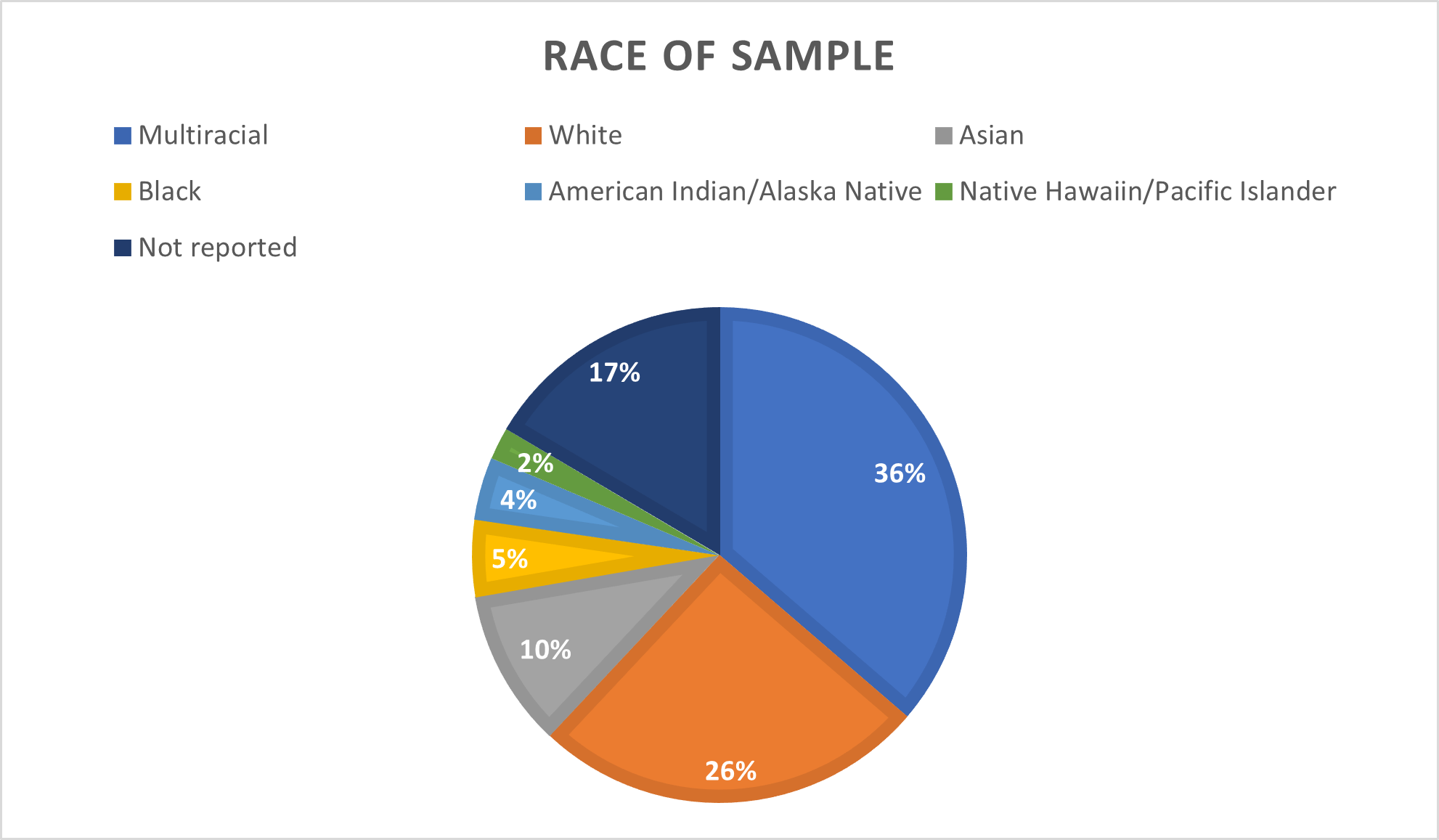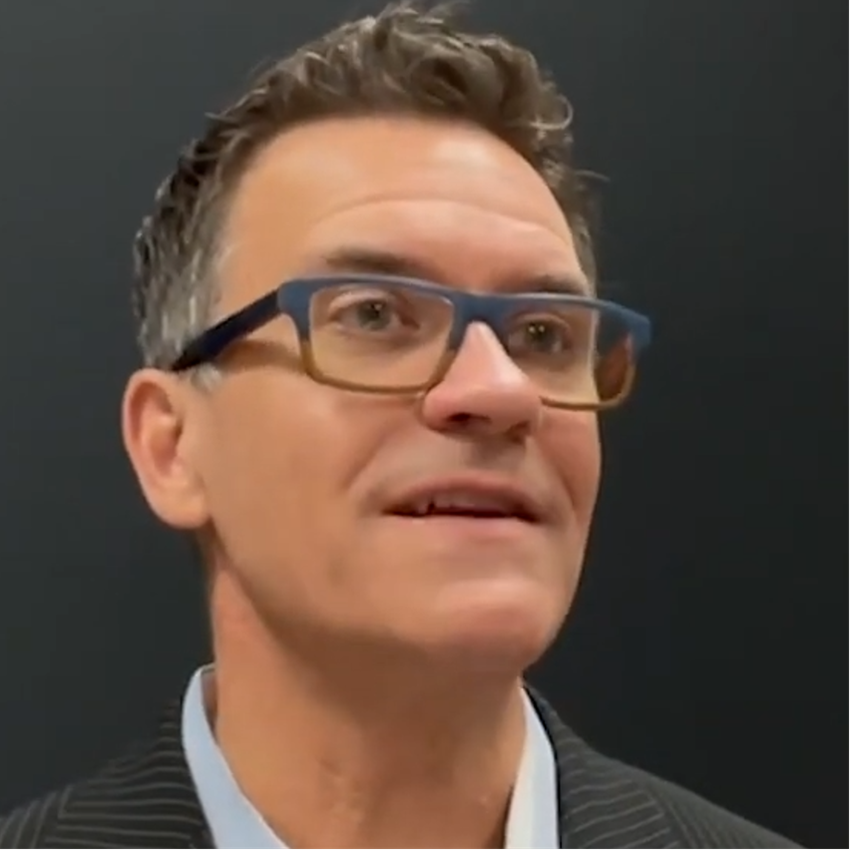School Pushout: The Role of Supportive Strategies Versus Punitive Practices for LGBT Youth of Color
Every year, nearly 3 million students in the U.S. get suspended or expelled from school. Suspension or expulsion from school are forms of school pushout, which refers to punitive school policies and/or practices that make it difficult for students to be successful in school. School pushout is disproportionately experienced by students of color, (lesbian, gay, bisexual, trans, and queer) LGBTQ youth, and other underrepresented and underserved youth. Yet, there are several supportive strategies schools can use that keep students in school and learning. In our research, we explored how supportive versus punitive strategies might impact school pushout for LGBT youth of color.
Schools will often use a variety of approaches that could affect school pushout.
- Supportive strategies might include programs such as positive behavioral intervention supports (PBIS) and restorative justice (RJ) programs. Schools might also provide referrals to behavioral/counseling support instead of disciplining students.
- Punitive strategies include enforcement of zero-tolerance policies, which require automatic punishments for first-time violations of school rules.
We used student and teacher data from 1,091 schools that participated in the California Healthy Kids and California School Climate Surveys. The final study sample size was 518,438 middle and high school students for which we also had teacher data (68,753 teachers’ responses were aggregated to the school-level).
The average age of students in this sample was about 15 years old; approximately 5% of the sample identified as LGBT. As seen in the pie chart, the sample was racially and ethnically diverse. Just over 52% of students identified as Hispanic/Latinx.

Students reported on whether they had been suspended for any reason in the past 30 days. Teachers reported on school discipline practices in their school, including: Punitive practices (e.g., “This school enforces zero tolerance policies”) and Supportive practices (e.g., “This school considers sanctions for student violations of rules and policies on a case-by-case basis with a wide range of options”).
Key Findings
Disproportionate discipline:
- LGB youth of all races were 2 times more likely, and transgender youth were 3 times more likely, to be suspended compared to the total sample.
- Black or African American youth (3.8%) were over 3 times more likely to report having been suspended compared to White youth.
- Asian and White youth had the lowest prevalence of suspension in the total sample and among LGBT youth.
- LGBT youth of color (except Asian youth) had a disproportionally higher prevalence of suspension compared to White LGBT youth:
- Black LGBT youth reported the highest prevalence of suspension relative to all other youth (7.2%), over three times as high as White LGBT youth, and over 7 times as high as White non-LGBT youth.
Supportive strategies versus punitive practices:
- Suspension rates were lower in schools that have more supportive strategies and higher in schools with more punitive practices.
- Supportive practices were associated with lower rates of suspension for all students.
- Disparities in suspension between White non-LGBT students, White LGBT students, and especially LGBT students of color, were higher in schools with more punitive practices.
- These disproportionate rates of suspension among students with multiple marginalized identities were found in schools with more punitive practices even after accounting for engagement in problem behaviors that might result in suspension.
- We also found disparities in suspension regardless of whether schools adopted low, average, or high levels of punitive practices. Just looking at youth who had engaged in at least one problem behavior:
- In schools low in punitive practices, Black LGBT students were over 3 times as likely be suspended than White non-LGBT youth.
- In schools with average punitive practices, Black LGBT youth were over 7 times as likely to be suspended than White non-LGBT youth; other LGBT youth of color were 2 to 3 times as likely to be suspended than their White non-LGBT peers.
- In schools high inpunitive practices, LGBT youth of color were 2 to 3 times as likely to be suspended than White non-LGBT youth.
Conclusions & Implications:
- This study adds to existing literature that documents disproportionate discipline based on the intersection of sexual orientation, gender identity, and race/ethnicity.
- While supportive practices are associated with lower odds of suspension for everyone, the use of punitive practices, even low and average levels of punitive practices, were associated with higher disparities in suspension for marginalized youth in our sample.
- Replacing punitive discipline practices with supportive practices is therefore one promising way to reduce bias in schools/school practices.
- School policies that can address systemic oppression, such as adopting more supportive discipline practices, must also be met with robust training for school staff to more fully address institutional(ized) racism, homophobia, and transphobia.
Other Suggested Readings:
Black Girls Matter: Pushed Out, Overpoliced, and Under protected by Kimberlé Williams Crenshaw with Priscilla Ocen and Jyoti Nanda
LGBTQ Youth of Color: Discipline Disparities, School Push-Out, and the School-to-Prison Pipeline by GSA Network and the Crossroads Collaborative
Do the Harder Work—Create Cultures of Connectedness in Schools": A Youth & Parent Organizer Response to the Federal Commission on School Safety by the Communities for Just Schools Fund
Full Article:
To read the full article published in the Journal of Research on Adolescence, follow this link: https://doi.org/10.1111/jora.12720
Author Bios:
 Shannon D. Snapp (she/her) is an Associate Professor in Psychology at California State University, Monterey Bay. She examines practices and policies that support underrepresented youth’s health, education, and well-being, with a focus on the experiences of LGBTQ youth, youth of color, and youth whose identities and experiences intersect. She strives to do justice-driven, critically-conscious research that has the potential to create social change and reduce inequality. She is a long-time member of the Society for Research on Adolescence (SRA) and currently serves on SRA’s Inclusion, Equity & Social Justice Committee.
Shannon D. Snapp (she/her) is an Associate Professor in Psychology at California State University, Monterey Bay. She examines practices and policies that support underrepresented youth’s health, education, and well-being, with a focus on the experiences of LGBTQ youth, youth of color, and youth whose identities and experiences intersect. She strives to do justice-driven, critically-conscious research that has the potential to create social change and reduce inequality. She is a long-time member of the Society for Research on Adolescence (SRA) and currently serves on SRA’s Inclusion, Equity & Social Justice Committee.
 Jack K. Day (he/him) is an Assistant Professor in Human Development and Family Studies at Central Michigan University. His research examines school policies and practices that support the psychosocial health and wellbeing of youth, especially those marginalized because of their sexual orientation, gender identity, and racial/ethnic identity.
Jack K. Day (he/him) is an Assistant Professor in Human Development and Family Studies at Central Michigan University. His research examines school policies and practices that support the psychosocial health and wellbeing of youth, especially those marginalized because of their sexual orientation, gender identity, and racial/ethnic identity.
 Stephen T. Russell (he/him) is Priscilla Pond Flawn Regents Professor in Child Development, and Amy Johnson McLaughlin Director of the School of Human Ecology at the University of Texas at Austin. He is an expert in adolescent and young adult health, with a focus on sexual orientation and gender identity. His 2016 book, Sexual Orientation, Gender Identity and Schooling: The Nexus of Research, Practice and Policy, won awards from the American Psychological Association and the Society for Research on Adolescence. He is on the governing board of the Society for Research in Child Development, and was President of the Society for Research on Adolescence (2012-2014).
Stephen T. Russell (he/him) is Priscilla Pond Flawn Regents Professor in Child Development, and Amy Johnson McLaughlin Director of the School of Human Ecology at the University of Texas at Austin. He is an expert in adolescent and young adult health, with a focus on sexual orientation and gender identity. His 2016 book, Sexual Orientation, Gender Identity and Schooling: The Nexus of Research, Practice and Policy, won awards from the American Psychological Association and the Society for Research on Adolescence. He is on the governing board of the Society for Research in Child Development, and was President of the Society for Research on Adolescence (2012-2014).

